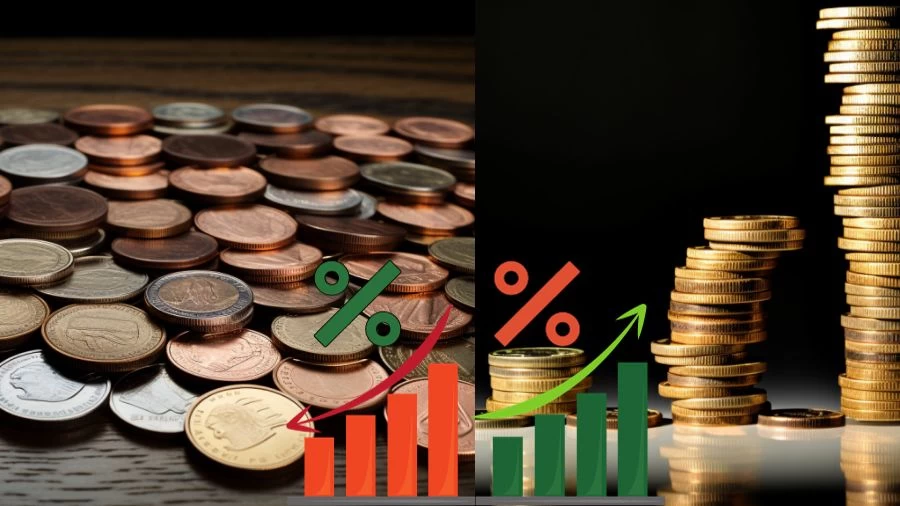
If a Person Qualifies, Why is It Better to Accept a Subsidized Loan Before an Unsubsidized Loan?
Accepting a subsidized loan is better for eligible individuals because it has lower, fixed interest rates supported by the US Department of Education, ensuring stable, affordable funding for education compared to unsubsidized loans.
by Sai V
Published Oct 26, 2023 | Updated Oct 26, 2023 | 📖 1 min read
If a Person Qualifies, Why is It Better to Accept a Subsidized Loan Before an Unsubsidized Loan?
Opting for a subsidized loan over an unsubsidized one is beneficial for eligible individuals due to its lower interest charges. These loans, available to specific groups like undergraduate students and certain program participants, maintain fixed interest rates throughout college, thanks to support from the United States Department of Education.
This stability helps borrowers save money, making education more affordable. By choosing subsidized loans, eligible individuals can effectively manage their debt, ensuring a financially secure and cost-effective solution for educational funding.
Subsidized Loan
A subsidized loan is a U.S. federal student loan with interest covered by the Department of Education during school and deferment, granted based on financial need through FAFSA, and repayment starts six months after graduation.
Unsubsidized Loan
An unsubsidized loan is a federal student loan where interest accrues from disbursement. Unlike subsidized loans, eligibility isn't need-based, making it accessible to a wider range of students. Borrowers are responsible for both the principal and accrued interest.




